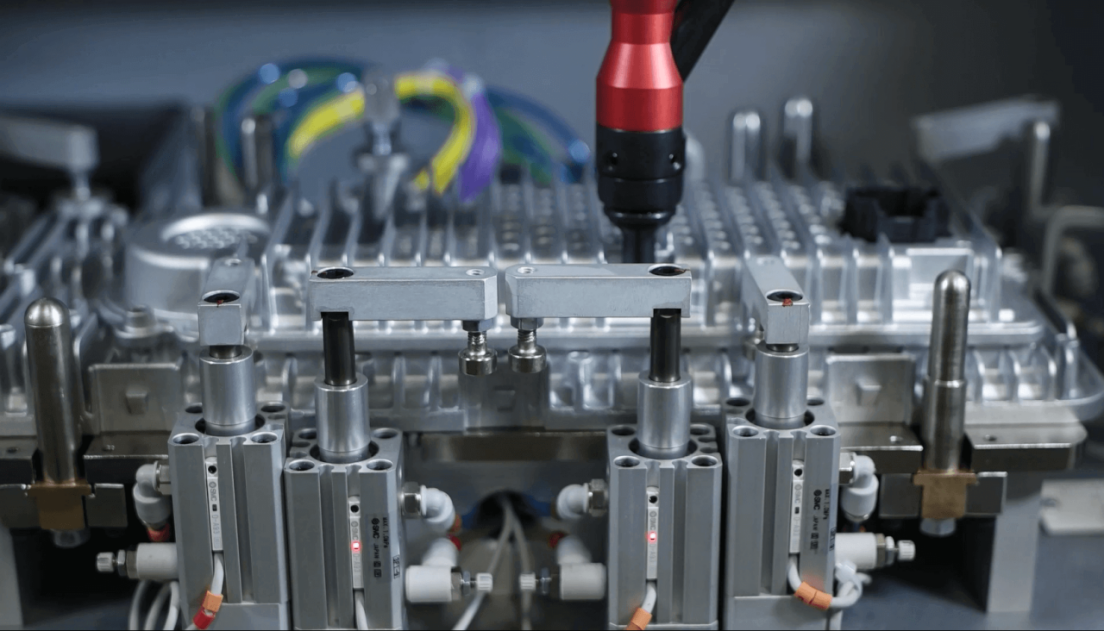Visteon, a global supplier of automotive electronics and connected technologies, recently announced that its net profit for the second quarter fell by 8.45% year-on-year to $65 million, equating to a diluted earnings per share of $2.36. Quarterly revenue dropped to $969 million, down $45 million from the same period last year. The company achieved a gross profit of $141 million in Q2, and adjusted earnings before interest, taxes, depreciation, and amortization (EBITDA) were $134 million, thanks to ongoing operational efficiency improvements, favorable non-recurring items, and cost efficiencies across its business. In the first half of this year, Visteon generated operating cash flow of $165 million and adjusted free cash flow of $105 million, with capital expenditures amounting to $66 million. By the end of Q2, Visteon had cash reserves of $671 million, total debt of $310 million, and net cash of $361 million. During Q2, Visteon secured $2 billion in new orders, bringing its total orders for the first half of the year to $3.9 billion. The company has launched 21 new products for eight automakers, including a 25-inch display for the Audi Q3 platform in Europe, as well as SmartCore domain controller solutions for the Volvo EX30 electric crossover, Volvo construction vehicles, and Polestar 5 models. On the day of the earnings report, Visteon's stock price slightly rose by 0.83%. In the Q2 earnings call, Visteon CEO Sachin Lawande stated, 'The $969 million in net sales still exceeded initial expectations for the quarter, primarily due to strong demand for our digital content products in North America and Europe. Despite solid sales performance, the decline in battery management system sales in the U.S. market and ongoing fluctuations in the Chinese market led to slightly lower sales compared to the growth rate of our customers' vehicle production.' Lawande also pointed out that Visteon's future sales will depend on how automakers respond to the cancellation of the U.S. electric vehicle tax credit policy, which will officially end on September 30. Notably, because most of Visteon's products qualify for tariff-free provisions under the USMCA (United States-Mexico-Canada Agreement), the company has successfully avoided the high tariffs that have troubled the industry. Headquartered in Van Buren Township, Michigan, Visteon ranked 59th on the global top 100 automotive parts suppliers list published by Automotive News and expects its parts sales to automakers to reach $3.9 billion in 2024.
Visteon Reports 8.45% Drop in Q2 Net Profit Amid EV Production Cuts and Declining Demand in China

Share this post on: